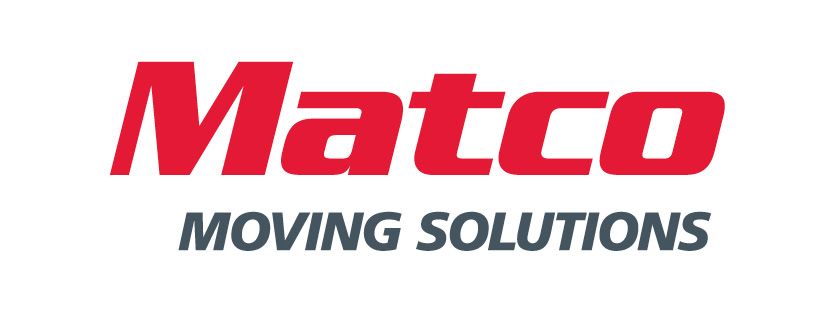Increased Carrier Liability Exclusions
Increased Carrier Liability does not cover the following:
- Accounts, bills, deeds, evidence of debt, letters of credit, passports, documents, airline or other tickets, money, currency, coin or stamp collections, bullion, notes, securities, manuscripts, mechanical drawings, dies or patterns, precious stones, jewellery, dried flowers, aircraft or aircraft parts, trailers or non-admissible water craft.
- Loss or damage caused by, or resulting from inherent vice (e.g. tarnishing, rusting, moisture retention) or by wear and tear.
- Loss or damage caused by gradual deterioration, unless it is a direct result of improper storage.
- Loss or damage caused by war, invasion, act of foreign enemy, hostilities (whether ware has been declared or not), civil war, rebellion, revolution, insurrection or military power.
- Loss or damage caused by contamination by radioactive material.
- Loss of market value to antiques, works of art, vehicles, etc. that have been damaged and repaired by the carrier.
- Computer down time, TV rentals and other tertiary losses.
- Emotional or intrinsic value such as the loss of family albums, keepsakes, etc.
- Phone calls; travel and personal time spent settling a claim.
- Should a carrier fail to perform the servicing function (certification at carrier’s discretion) at origin, the carrier will be absolutely liable for any loss or damage to affected items, regardless of the cause.
- Damage caused by road vibration is not covered unless a qualified service technician certifies that the item was improperly packed or handled.
- The exclusion to liability if the member does not provide the carrier’s technician with blocking kit for front-loading washers.
Non-Admissible and Hazardous Materials
Flammable
Any solid or liquid material, other than one classified as an explosive, which under conditions incident to transportation is liable to cause fires through friction, spontaneous chemical changes, yield fumes which stimulate combustion or organic matter, or which can be ignited readily, and when ignited, burns too vigorously and persistently as to create a serious transportation hazard:
- Adhesives (glues, cements, plastic)
- Ammonia
- Aerosol cans (flammable contents, hair spray, deodorants)
- Charcoal briquettes
- Cleaning fluids compound and weed killers
- Denatured alcohol enamel
- Gasoline hand signal flares
- Kerosene Lacquer
- Leather dressing or bleach oil stains for wood
- Lighter fluids (pocket, charcoal, camp stove, lamp or torch)
- Matches
- Paint, flammable paint and varnish remover
- Petroleum products (kerosene, gasoline, oil)
- Photographic flash bulbs and lamps
- Polishers, liquid (metal, stove, furniture, wood)
- Propane tanks (non-purged)
- Propane and other gas used for cooking or heating shellac
- Shoe polish (liquid)
- Solvents
- Plastic
- Stains, turpentine
- Varnish, windshield solvent
- Rags soaked in flammable substances
- Wood filler
Gases, Compressed
A cylinder charged with compressed gas engine:
- Starting fluids
- Fire extinguishers
- Gases used in welding
- Scuba diving tanks
Combustible Liquids
Any chemical compound, or mixture, that contains an explosive composition which ignites spontaneously or undergoes a marked decomposition, when subject to heat.
Alcohols
Anti-freeze compounds, camphor oil, disinfectant type cleaners (fluids containing combustible materials such as spot clothing cleaners, office machine liquid cleaners).
Corrosive Liquids
Any material that causes visible destruction or irreversible alterations in human skin tissue at the site of contact or in case of leakage from its package, a liquid that has a severe corrosion rate on other materials:
- Acids, photographic, used in film developing
- Etching acid
- Iron/steel rust preventing compounds
- Muriatic Acid
- Nitric Acid
- Sulphuric Acid
- Rags soaked in corrosive substances


